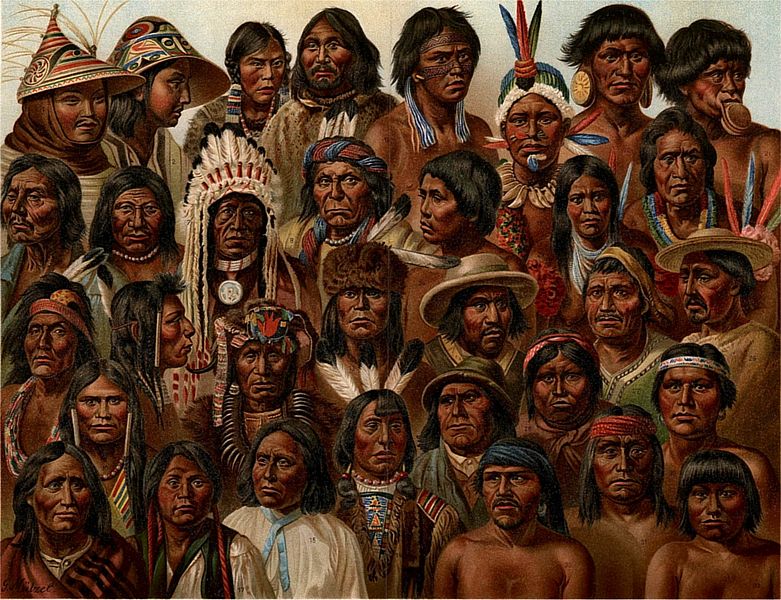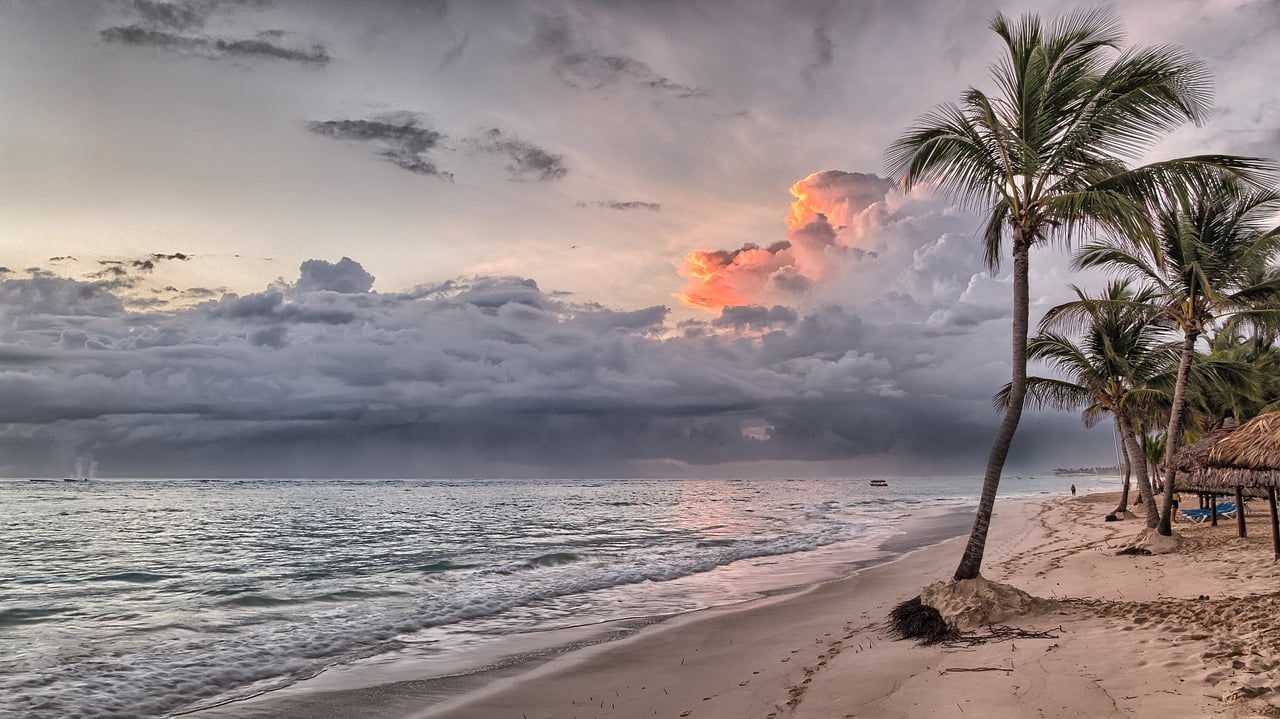The Caribbean Islanders were called the Taíno and before the Europeans started colonizing the land of the New World discovered by Christopher Columbus, the ancient natives of the Caribbean numbered roughly hundreds of thousands of people. That was before Europeans took away pretty much everything from them during their raids. The tribes were also likely affected by disease and enslavement. Many thought that the indigenous Taino was long-extinct until a discovered skeleton of Caribbean islanders revealed a different truth.

“It’s a fascinating finding,” genetic archaeologist Hannes Schroeder from the University of Copenhagen in Denmark said in a statement. “Many history books will tell you that the indigenous population of the Caribbean was all but wiped out, but people who self-identify as Taíno have always argued for continuity.”
“Now we know they were right all along: there has been some form of genetic continuity in the Caribbean,” he added.
In order to prove that the Taíno bloodline still lives, Schroeder and his team had to explore deep into the past. They went all the way back to a time a half-millennia before Columbus landed on the American continent.
Researchers discovered burial sites of ancient Lucayans buried in a giant cave called Preacher’s Cave located on the Bahamian island of Eleuthera. Lucayans are a branch of the Taíno, and also native inhabitants of the Bahamas.
There was one skeleton of the Caribbean islanders which belonged to a woman living between the 8th and 10th century. Based on her preserved tooth, they discovered a sufficient amount of intact DNA to allow the team to identify the first ancient human genome originating from the Caribbean.
Thanks to the analysis, scientists found that the woman is most closely related to present-day Arawakan speakers in tribes located in northern South America. However, there was also something else.
Researchers decided to compare the genome with the ones from today’s inhabitants of the Caribbean islands. They discovered that today’s Puerto Ricans have a closer relationship to the ancient skeleton of the Caribbean islanders, which were thought to be extinct, compared to other indigenous groups in both Americas.
“We find that the native component in present-day Puerto Rican genomes is closely related to the ancient Taíno,” the researchers wrote in their research, “Demonstrating an element of continuity between pre-contact populations and present-day Latino populations in the Caribbean despite the disruptive effects of European colonisation.”
“I wish my grandmother were alive today so that I could confirm to her what she already knew,” said Taíno descendant Jorge Estevez from the National Museum of the American Indian in New York, who assisted the team in their research.
“It shows that the true story is one of assimilation, certainly, but not total extinction. I am genuinely grateful to the researchers. Although this may have been a matter of scientific inquiry for them, to us, the descendants, it is truly liberating and uplifting.”
Undoubtedly, many of the history books will need to be rewritten. Also, the discovery will help give explanations and fill in the gaps for many people that today live across the Caribbean.





